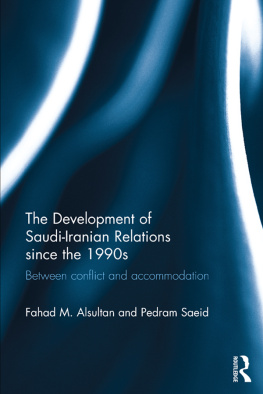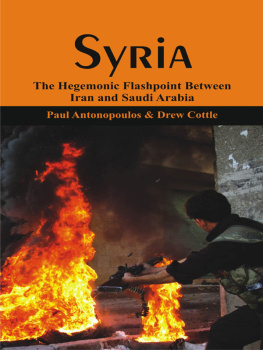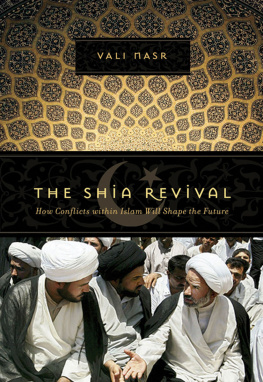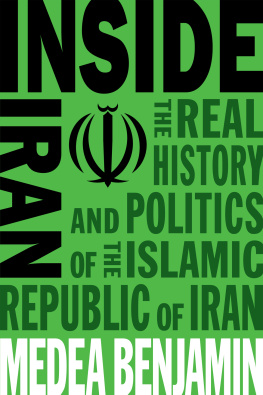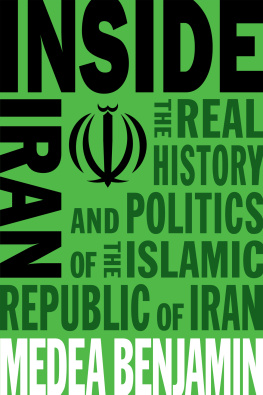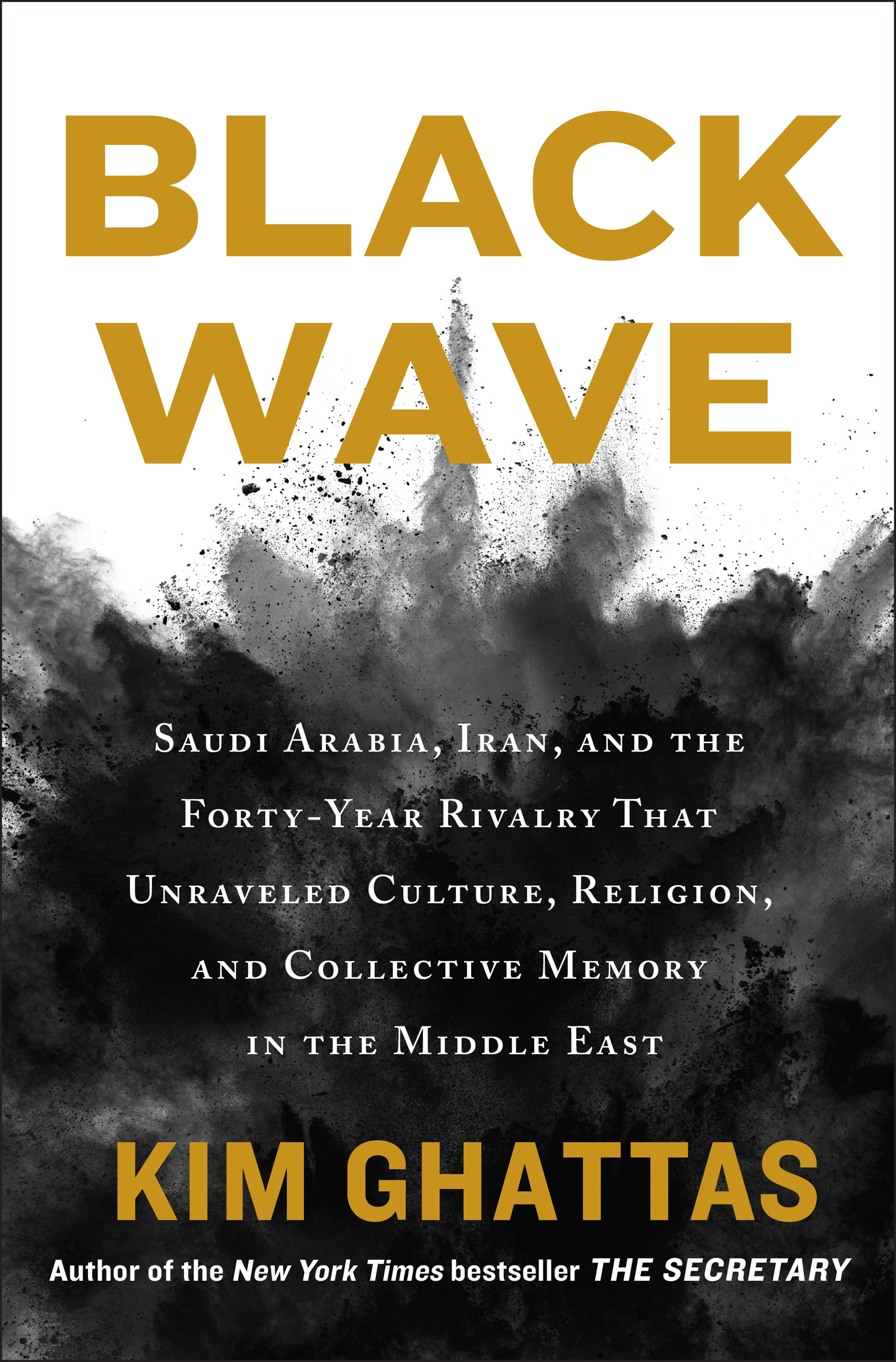Kim Ghattas - Black Wave: The Saudi-Iran Wars on Religion and Culture that Destroyed the Middle East
Here you can read online Kim Ghattas - Black Wave: The Saudi-Iran Wars on Religion and Culture that Destroyed the Middle East full text of the book (entire story) in english for free. Download pdf and epub, get meaning, cover and reviews about this ebook. year: 2020, publisher: Henry Holt and Co., genre: Detective and thriller. Description of the work, (preface) as well as reviews are available. Best literature library LitArk.com created for fans of good reading and offers a wide selection of genres:
Romance novel
Science fiction
Adventure
Detective
Science
History
Home and family
Prose
Art
Politics
Computer
Non-fiction
Religion
Business
Children
Humor
Choose a favorite category and find really read worthwhile books. Enjoy immersion in the world of imagination, feel the emotions of the characters or learn something new for yourself, make an fascinating discovery.

- Book:Black Wave: The Saudi-Iran Wars on Religion and Culture that Destroyed the Middle East
- Author:
- Publisher:Henry Holt and Co.
- Genre:
- Year:2020
- Rating:4 / 5
- Favourites:Add to favourites
- Your mark:
Black Wave: The Saudi-Iran Wars on Religion and Culture that Destroyed the Middle East: summary, description and annotation
We offer to read an annotation, description, summary or preface (depends on what the author of the book "Black Wave: The Saudi-Iran Wars on Religion and Culture that Destroyed the Middle East" wrote himself). If you haven't found the necessary information about the book — write in the comments, we will try to find it.
Black Wave is a paradigm-shifting recasting of the modern history of the Middle East, telling the largely unexplored story of the rivalry between Sunni Saudi Arabia and Shia Irana rivalry born out of the sparks of the 1979 Iranian revolutionthat has dramatically transformed the culture, identity, and collective memory of millions of Muslims over four decades. Like George Packer did in The Unwinding, Kim Ghattas follows everyday citizens whose lives have been affected by the geopolitical drama, making her account both immediate and intimate.
Most Americans assume that extremism, Sunni-Shia antagonism, and anti-Americanism have always existed in the Middle East, but prior to 1979, Saudi Arabia and Iran were working allies. It was only after that yeara remarkable turning pointthat Shia Iran and Sunni Saudi Arabia began to use religion as a tool in their competition for dominance in the region, igniting the culture wars that led to the 1991 American invasion of Iraq, the September 11th terrorist attacks, and the rise of ISIS.
Ghattas shows how Saudi Arabia and Iran went from allies against the threat of communism from Russia, with major roles in the US anti-Soviet strategy, to mortal enemies that use religious conservatism to incite division and unrest from Egypt to Pakistan. Black Wave will significantly influence both perception of and conversation about the modern history of the Middle East.
Kim Ghattas: author's other books
Who wrote Black Wave: The Saudi-Iran Wars on Religion and Culture that Destroyed the Middle East? Find out the surname, the name of the author of the book and a list of all author's works by series.

